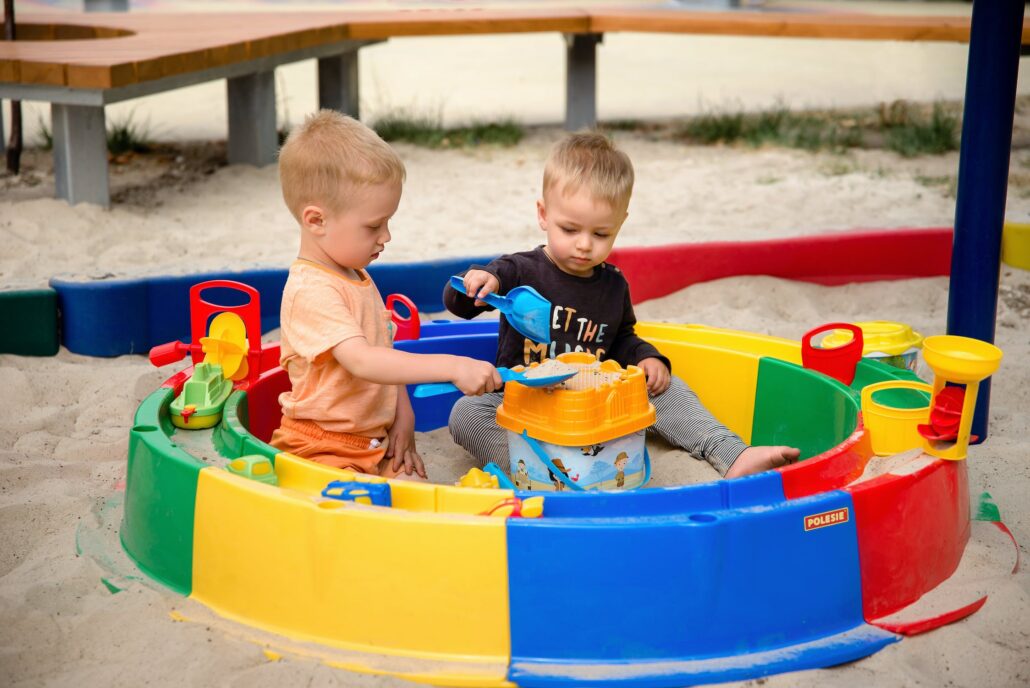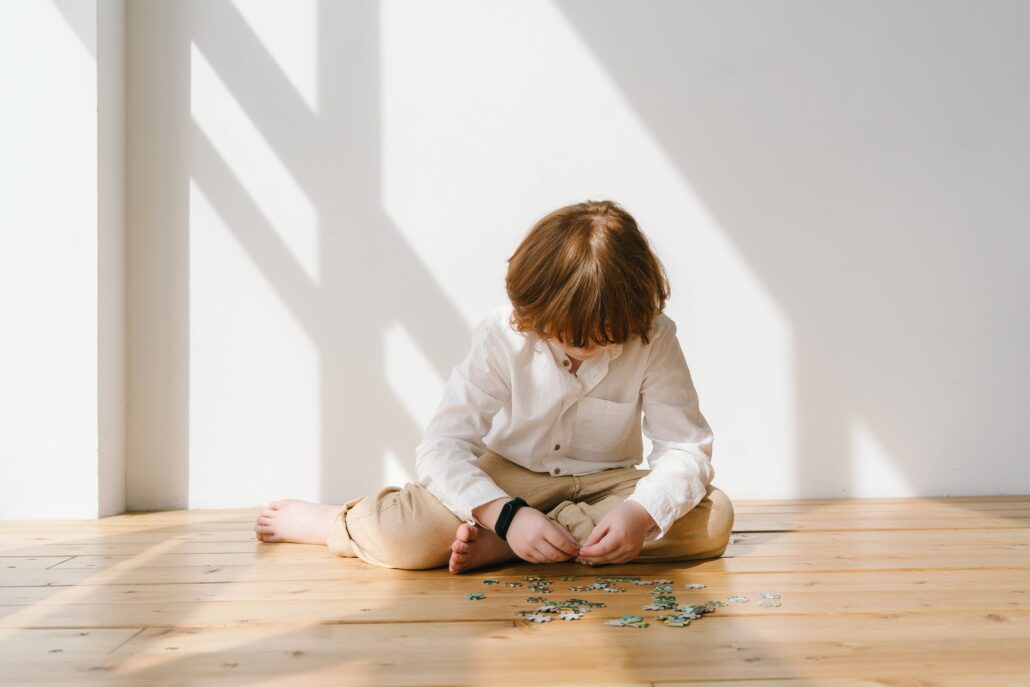
Teaching play skills in applied behavior analysis
How to teach applied behavior analysis play skills to children with autism spectrum disorder and other developmental disorders
When children play alone or with others, they are not only having fun, play is important for teaching and developing basic skills that will be used in the future. Children’s play skills help develop imaginative play, develop problem-solving skills, and enhance communication skills.
Therefore, the way children diagnosed with autism spectrum disorder play is different from children with normal development. because of Autism spectrum disorder is a neurodevelopmental disorder, Involves challenges with social interaction, speech, nonverbal communication, and repetitive restricted behaviors, The difficulty of moving from one activity to another is what causes a child with autism spectrum disorder to lose the ability to communicate and interact with others while playing.
The importance of developing play skills is essential for typically developing children and children with autism spectrum disorder and other developmental disorders. Therefore, the field of play-based applied behavior analysis can improve concentration skills, social skills, academic skills, and communication skills.
How to play for children with autism spectrum disorder
It is normal for young children to play alone with each other, but often between the ages of two and three, children begin parallel play, which is sharing the same activity with the other child at the same time. Like putting together a puzzle.
Unlike children with autism spectrum disorder, they lack the play skills that lead them to engage in parallel play. Instead, children with autism spectrum disorder may continue to play alone. As they often engage in activities that have no purpose, they may have difficulty using imaginative play while playing.
Examples of play most common in children with autism spectrum disorder include, the following:
- Arrange the games in the same order and repeat the order on a daily basis
- Laying out toys in the same pattern and hitting them together over and over again
- Complete the puzzle in the same way repeatedly
- Throwing leaves or sand into the air repeatedly when playing outside
As children with autism spectrum disorder grow older, their play skills may improve by understanding the rules of play while playing. However, they may still lack some skills while playing.
Older children with autism spectrum disorder may not be able to:
- Dealing with rule changes while playing with others
- Focus while playing instead of focusing on something else while playing with others
Play-based applied behavior analysis
A recent study conducted by the American Academy of Pediatrics (AAP) highlighted the importance of play skills. The results showed that play grows and develops the brain structure of children, as play also develops executive function skills, allowing children to achieve goals while playing.
The field of play-based applied behavior analysis focuses on helping children with autism spectrum disorder and other developmental disorders learn play skills during each educational session whether in the center or at home. The RBT Registered Behavior Technician will teach the child play skills and combinations while working on other goals.
Organized play
When teaching structured play skills, the RBT Registered Behavior Technician will include educational exercises until the child responds. Therefore, organized play is usually a physical or cognitive activity. For example, The child may be asked to complete a puzzle while being guided by the therapist.
Structured play will help your child learn early play skills such as sharing, interacting, and role-playing with others. The field of play-based applied behavior analysis helps by using clear instructions about what the child needs to do while playing, It also helps to understand the steps, skills and activities required to achieve the ultimate goal.
Free play
The concept of free play is that the child chooses what he wants to do. The child’s curiosity is encouraged during free play. The specialist shows the toys to the child, after which the child will choose the toys that fall within his interests.
Teaching play skills using free play is one of the best ways to explore how a child interacts with others. The specialist will encourage the emergence of play skills in different situations, environments and with other people. It is also considered one of the best ways to identify the likes and dislikes of a child with autism spectrum disorder.
Benefits of teaching play skills based on applied behavior analysis
There are many benefits to applied behavior analysis as it is a scientifically proven intervention for individuals with autism spectrum disorder and other developmental disorders. Applied behavior analysis can help develop play skills during each session.
Play-based applied behavior analysis is based on:
Reinforcement in Natural Environments vs. Reinforcement in Artificial Environments: The RBT teaches play skills while playing with the child and when the child has an enjoyable experience the ABA experience will be positive for the child in terms of productivity and longevity.
Generalization: The importance of play-based applied behavior analysis lies in generalizing play skills to other environments and with different people.
Social Skills: Learning play skills helps build and learn social skills by creating opportunities for social interaction with others.
Ref
Autism Support | How We Help | ABA Specialists (atgtogether.com)



